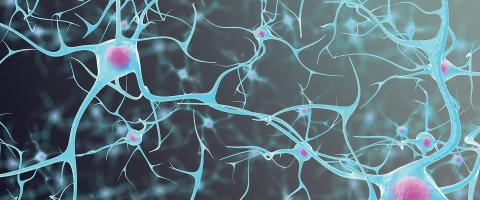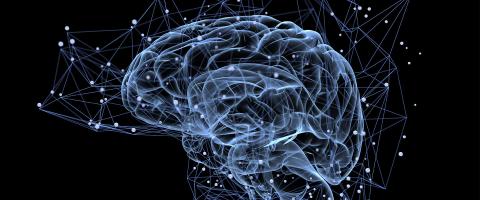
In-depth discussion summarizing some of the most important findings to date about the possibility of using psychedelic compounds to treat individuals with psychiatric illness. We feature comments from experts in the field (several of them members of BBRF’s Scientific Council), who have been
Read More
Lynnette Averill, Ph.D., a clinical psychologist affiliated with the Baylor College of Medicine, Yale University, and the Department of Veterans Affairs, studies the causes and consequences of trauma-related psychopathology and suicidality, and is investigating novel rapid-acting interventions.
Read More
We offer A RESEARCHER’S PERSPECTIVE, based on a presentation given by Lisa M. Monteggia, Ph.D., of Vanderbilt University, at a zoom event hosted by BBRF. The topic of her presentation was “Studying Ketamine’s Rapid Effects to Unlock Secrets for Developing Better Antidepressants
Read More
Our PATHWAYS TO THE FUTURE story is about an unconventional approach to developing new psychiatric drugs. Based on an initiative by the National Institute of Mental Health, it’s called “Fast-Fail” and is designed to weed out the weakest drug candidates early in the process, to
Read More
A story about the research of Dr. Kristen Brennand, which 20 years ago might have sounded like science fiction: taking skin or blood cells harmlessly sampled from psychiatric patients, reprogramming them to a stem-cell-like state, and then directing them to redevelop in culture dishes as brain
Read More
"A research career is all about a path. And for me, the path really started with BBRF.”
Read More
Deanna Barch, Ph.D., a much honored research scientist who now chairs the department of Psychological and Brain Sciences at Washington University in St. Louis, did not take long in life to discover her passion.
Read More
“I love the science of it!” says Dr. Hilary Blumberg, a research pioneer who has used advanced imaging to figure out how the brain subtly changes in bipolar disorder, major depression, and other mood disorders. “But what really drives me,” she stresses, “is bringing this work to the point where
Read More
At the core of anorexia nervosa is one of our most basic bodily needs, nourishment.
Read More
Foundation-supported researchers are featured in Wall Street Journal article
Read More

